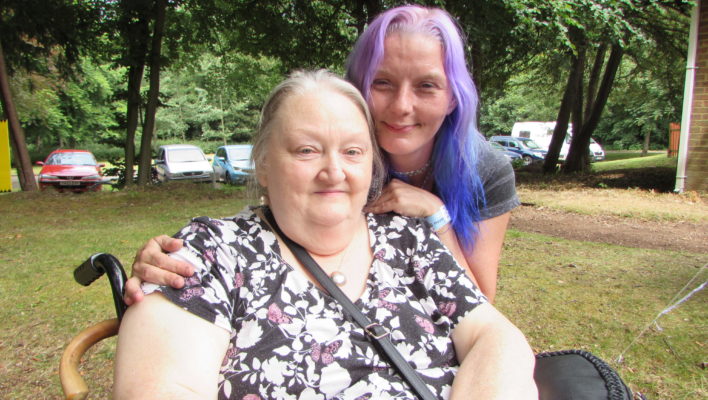Recognising Strengths

Time moves on but over and over again we see far too many situations that hurt the most vulnerable members of our society.
One year on from the horrific Grenfell Tower fire, deep inequalities in the social housing structure remain unresolved. The introduction of Universal Credit and continued legislative changes to the welfare benefits system are creating confusion and turmoil for many families while social services departments up and down the country are at tipping point as the number of children in care hits a record high.
Negative trends such as these reinforce the conviction that people living in poverty need support more now than ever before.
ATD Fourth World’s Family Support Programme seeks to accompany families through this ever changing minefield of ongoing reform at the same time as our Policy, Participation and Training projects strive to create the right conditions for genuine participation and dialogue. It is through standing alongside and listening to those most affected by the system that we encourage people to contextualise their own experiences and put forward their own solutions, their own recommendations and alternative ways of thinking.
One example of this is our new, participatory research project Understanding Poverty in All its Forms.
From designing the research questions through to the final steps of analysing and making known the findings, a very diverse group of people are working together on an equal footing. Those collaborating include academics, grassroots practitioners and people with lived experience of poverty.
This project aims to break down barriers. All too often, society limits people based on labels and prejudices but in this project we see what can be achieved when, instead, people’s capacities and strengths are valued and recognised.
The above is an excerpt from the ATD Fourth World Annual Report 2017

